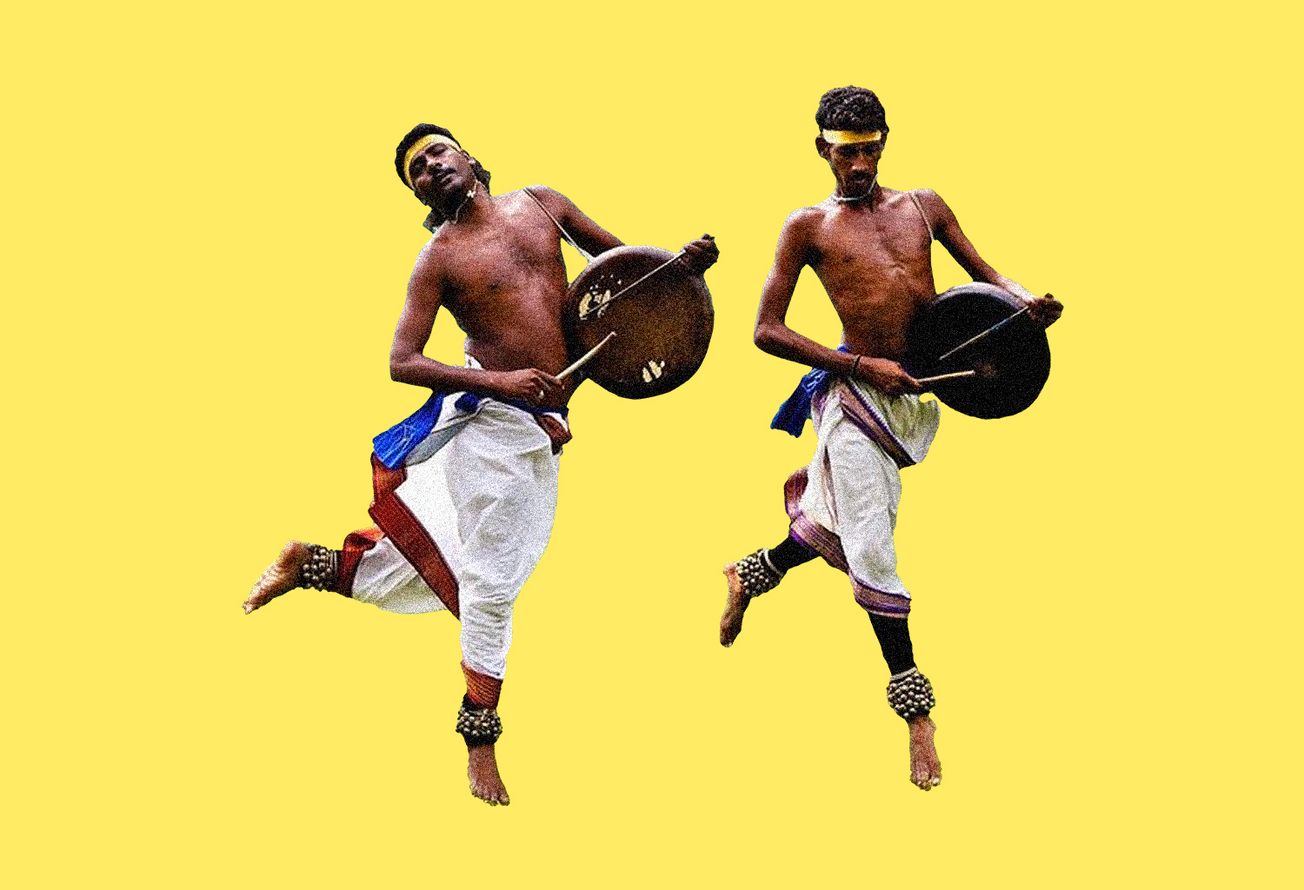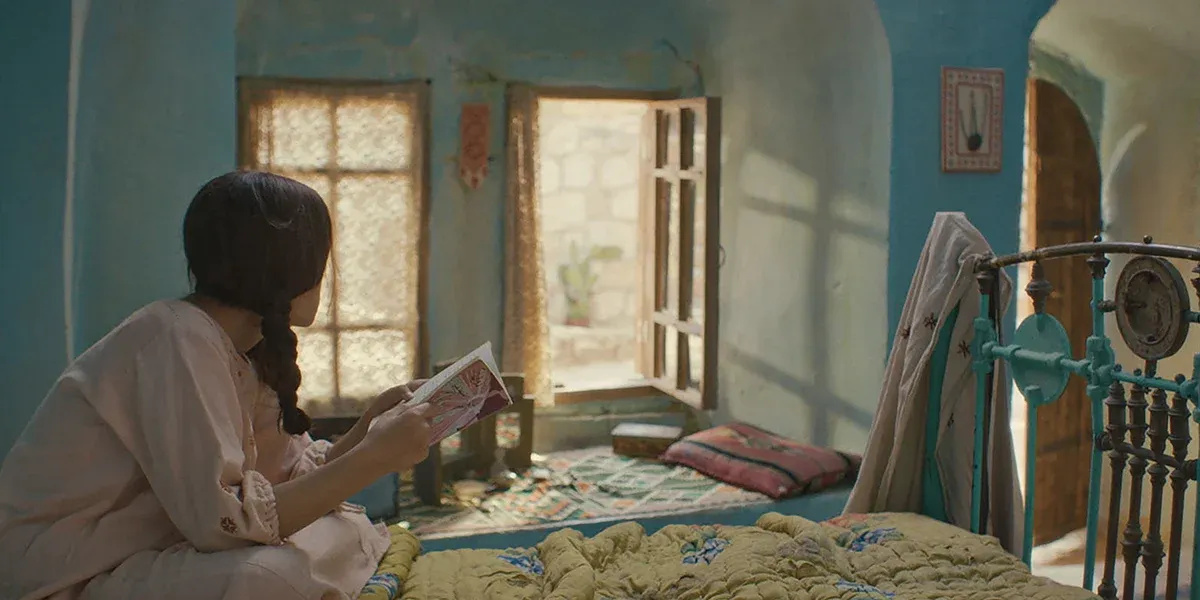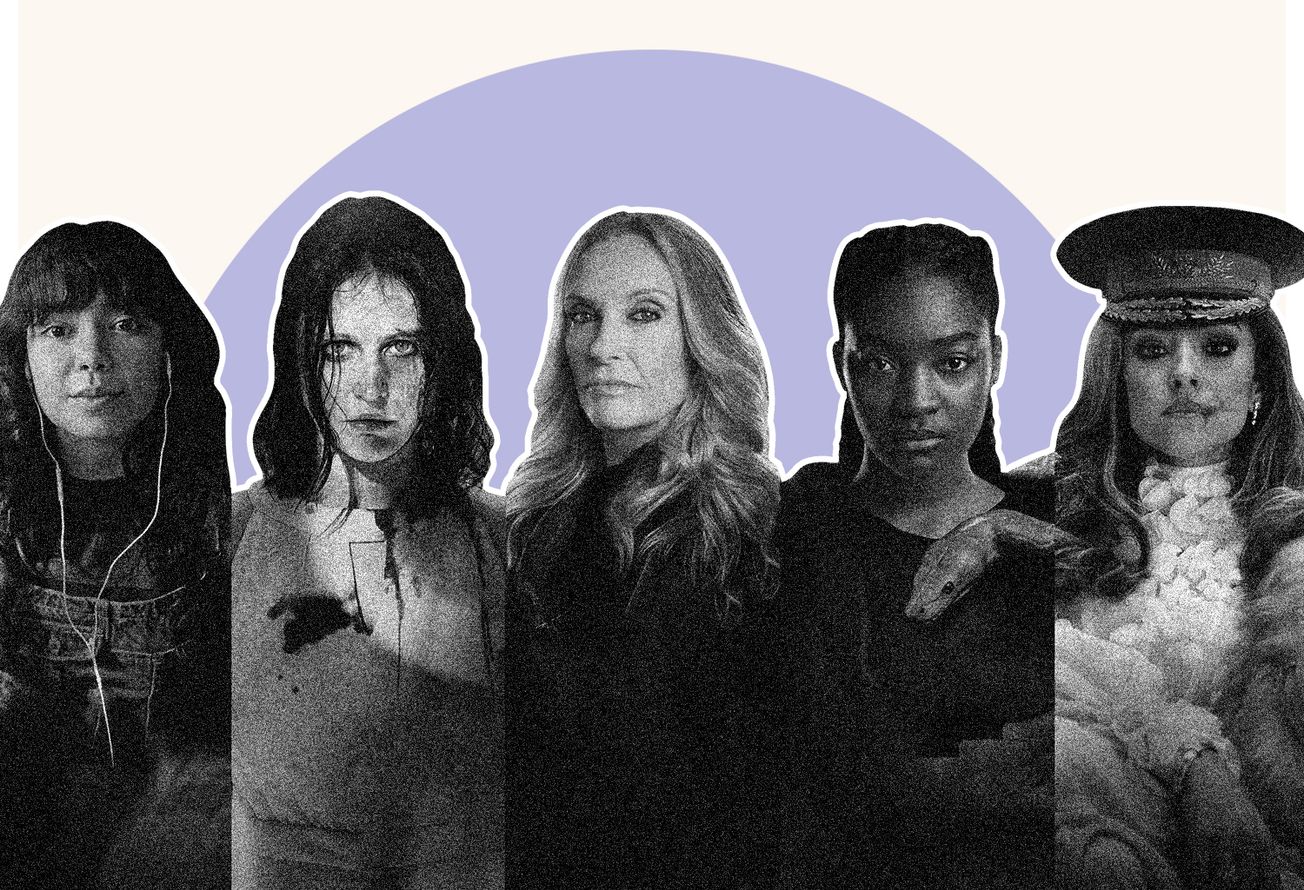Gritty, funny, gripping, a worthy sequel—review after review of the second season of The Family Man tells anticipating viewers that the Amazon series is deserving of the hype. However, this season has hardly had a smooth sailing this time. Set in the southern peninsula of India, its plot revolves around characters drawn from the self-determination struggle of Sri Lankan Tamils.
The show and writers found themselves having to defend their creation, after its trailer dropped on 19th May, a day after the Tamil Genocide Remembrance Day that is observed by Tamilians worldwide on 18th May. For a story covering the sensitive issue of the Tamil Eelam Liberation movement in Sri Lanka, the makers struggled to garner support from the audience for its intentions being in the right place. In response to criticism, the creative team behind the show claimed that it had provided “a sensitive, balanced, and riveting story” and for critics to wait and watch.
Having waited and watched, two things stand true: one, the depiction of Tamil Tigers in the series demonizes their struggle and two, the storytelling is apathetic at best and anti-Tamil Eelam at its worst. As a show that centres the perspective of a North Indian, dominant caste man, it dehumanises the people who are refugees displaced because of the genocide by Sri Lankan forces. It is evident in the way the show provides a multi-dimensional perspective to Srikant’s life to better understand the character’s struggles, nuances, and growth primarily because he is a patriot and an agent of the State. However, these subtleties are scarcely awarded to those labelled as terrorists on the show; their stories are denied any complexity. While the actors make the effort to get the Jaffna accent right, albeit only to identify the characters as foreign criminals, the series fails to convey the importance of the city of Jaffna—the nucleus of the Liberation Tigers of Tamil Eelam (LTTE) armed struggle and the place that has seen the most number of casualties of Tigers in the movement. While it recognises that stereotypes of Tamil people needed a well-deserved call-out, it fails to capture the agony of the Sri Lankan Tamils.
Little to no effort is made to provide context for the movement or the struggle. The self-determination struggle in Sri Lanka is one that has never received the coverage it deserved and is a largely misunderstood narrative. For a pan-Indian show to not provide the larger political context is more than a disservice, it is treachery. The only times we hear some context are references to personal sufferings of violence that the people have faced at the hands of the Sri Lankan army. It is a reductive treatment of the struggle, because it conveniently forgets to mention the policies of the Sinhalese-Buddhist nationalist forces and parties that prevented Tamils from entering educational and public spaces, and also institutionalising their marginalisation. The lack of political engagement with the causes of the movement to make it appear like it is a story of personal vengeance and zealous dream for the homeland infantilizes the soldiers and the supporters of the movement.
The extrajudicial violence by the police officers is portrayed as valiant and deserving of accolade. However, all action Muslims and Eelam Tamilians take is portrayed as violence that must be condemned and penalised. The narrative opts to steer safely clear of the idea of retaliation as the last resort against systemic oppression and state-sponsored violence. The lack of empathy for the Tigers’ stories is evident in the portrayal of Raji (played by Samantha Akkineni in mud-make-up) who moves from dazed as a refugee to captivated by rage—the only two modes she gets to display throughout the show. It is far from feminist to repeatedly reduce her identity to her body: as a soldier and as a survivor of abuse. She has no identity beyond how her body can be weaponized, and it is a deliberate depiction that erases her personhood in her stories of the past or her plans for the future. Raji is a misleading tokenistic representation of the role of women in the liberation army. Not only did women make up one-third of the armed wing as the sharpest shooters and fighters, they were also prolific writers and political thinkers who made significant contributions to the movement. In her book, The Orders Were to Rape You, Meena Kandasamy has translated poems written by Tigresses. “These female fighters used poems as tools of political commentary, (and) far from being unwilling recruits, innocent recruits, helpless recruits, they were acutely aware of the micropolitics,” Kandasamy writes. In The Family Man, Raji is presented as and called “brainwashed”, a mere soldier on duty lacking space to contribute to the politics she subscribes to.
Video Courtesy: Vegas Editz on YouTube
The plot gets set into motion when the arrogance of the Indian Prime Minister (Seema Biswas) forces the capture of the leader of the liberation movement. However, no mention is made of the fact that between 1982 and 1987, the Indian government, led by Indira Gandhi, sanctioned the Research and Analysis Wing to arm and train the Tamil self-determination armed groups. The show goes out of its way to tell the story of a partnership between Tamil “rebels” and the Pakistani ISI (Inter State Intelligence) as part of their consistent anti-Muslim rhetoric. In the psyche of the Indian viewer, the ISI is perceived as an arch enemy. However, the show omits any reference to how the Tamil cause in Sri Lanka received an offer of alliance and support from the PLO (Palestinian Liberation Organisation) with whom India has had long-standing bilateral relations, since it would not be of value to the anti-Muslim narrative. There is a deliberate effort at each point in this nine-episode thriller to demonise the struggle by re-labelling the Tamil Sri Lankan fighters as terrorists. Calling them “monsters” and saying they are people who care for no one's lives and therefore deemed “dangerous” for society implies that theirs was not a people’s movement but one of personal vendetta. The creators refuse to call them "Tigers"—people violently displaced from their homeland and living in pain and agony. The mention of displacement finds mention once when Sajid, a Kashmiri, and Raji, a Sri Lankan Tamilian, have a conversation about their homeland. However, that conversation merely appears like a compassionate drop in the ocean of deliberate vilification of the soldiers.
From an anti-caste lens, the flaw in the storytelling is also driven by a protection of caste hegemony. It is no surprise that the Tigers are labelled terrorists in this story where the hero is a Tiwari (Manoj Bajpayee), his sidekick is a Talpade, and his boss is a Kulkarni. The creators of the series are probably oblivious to the fact that the LTTE Constitution was one of the first of any liberation movements to adopt abolition of caste as their primary goal in governance. Headed by Prabhakaran, who was a Dalit from the Karaiyar community, the movement was and continues to be a threat to Brahmanical hegemony. And so, when this story is about an oppressor caste man’s hunt to “neutralise the threat” posed by an anti-caste, self-determination soldier, it no longer remains a balanced narrative. It is one that aims to and delivers on the intent of protecting the status quo, without unveiling how this status quo is oppressive.
The intentional inclusion of Tamil speaking people, a nuanced portrayal of the South Indian city, and the light it throws on the need for therapy or PTSD are not enough to redeem the show as it gets too many things wrong. It is, at its core, anti-Muslim and anti-Tamil Eelam. The target audience is one that is largely unaffected by the movement and doesn’t really return from the show excited to have learnt about the liberation movement of a neighbouring country. Nor are they left with a curiosity to know more. Instead, they end their bingeing session delighted that there is a hint to a next season, one where these rebels will not be causing more chaos but the focus will shift to another area of the country to which the terrorist cliché can easily be applied. They learn that historical, decades-long movements for an entire community can be derailed by the sentimentality of one man. They are left to make the conclusion that sometimes communities could be victims yet don’t deserve humanity because they act out of sheer emotional motivations. Armed struggles are, once again, portrayed as the problem but the oppression or the political violence that leads to such uprisings is not looked at critically. The polarizing stances of two Tamil Sri Lankan leaders are presented in the show: a politician-in-exile, who cooperates with Indian state authorities who is glorified and the other, a soldier, who is demonised.
The second season of The Family Man has missed the opportunity to tell the story of power and pain of a community now displaced and isolated from their homeland. Captain Vaanathi who died in the battle to capture the Elephant Pass in 1991 fighting in the LTTE army wing had written about where to find the story of liberation, that the show makers could have taken cues from:
Look into my unwritten poem
and you will see those who knew me,
and those who understood me,
and those who care for me,
and those who loved me,
all of them.
There, not only me,
but all the martyrs
will see you, and
joyfully smile.
Disclaimer: The views expressed in this article are the personal opinions of the author and do not reflect the views of Smashboard and Smashboard does not assume any responsibility or liability for the same.










